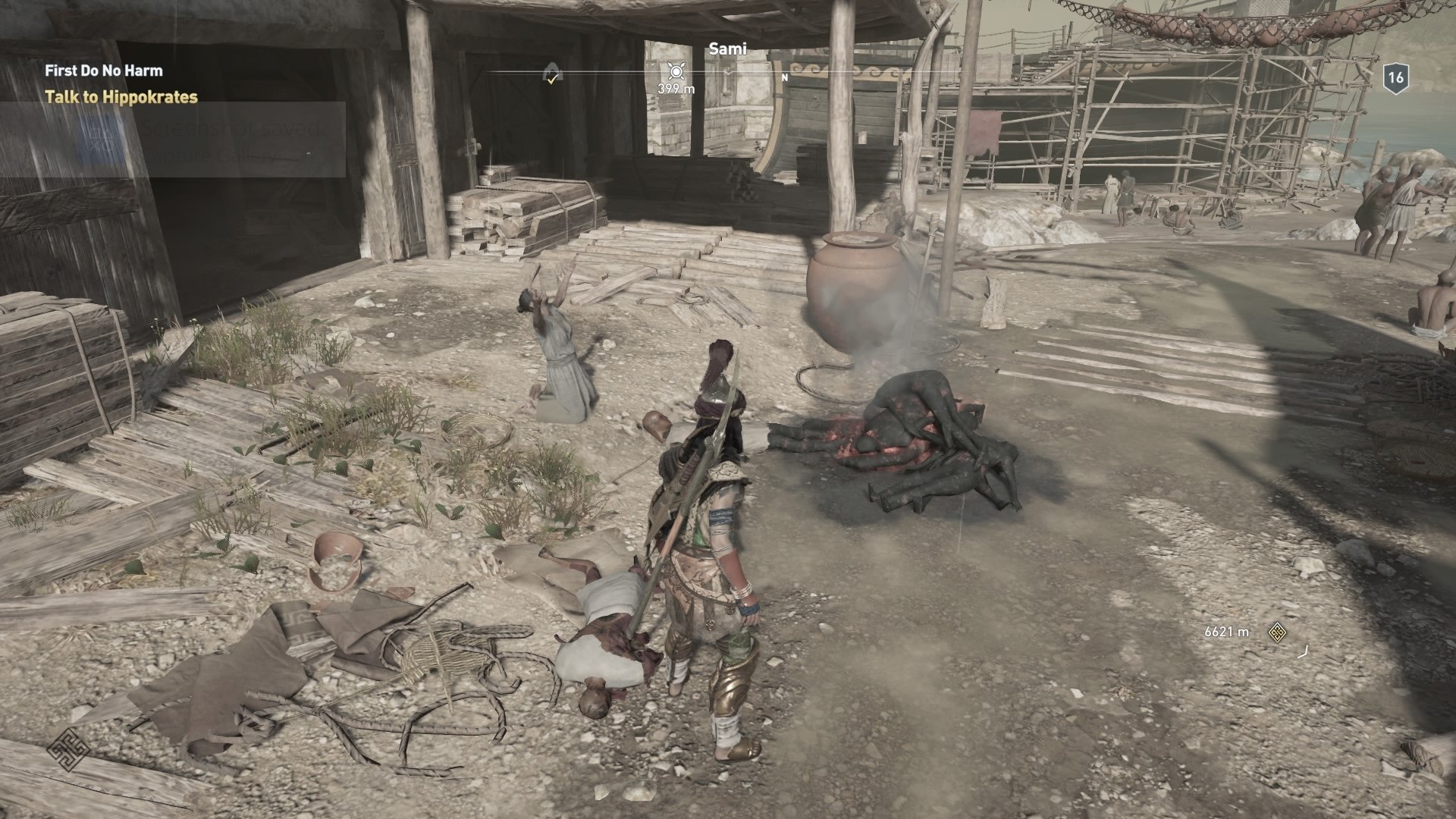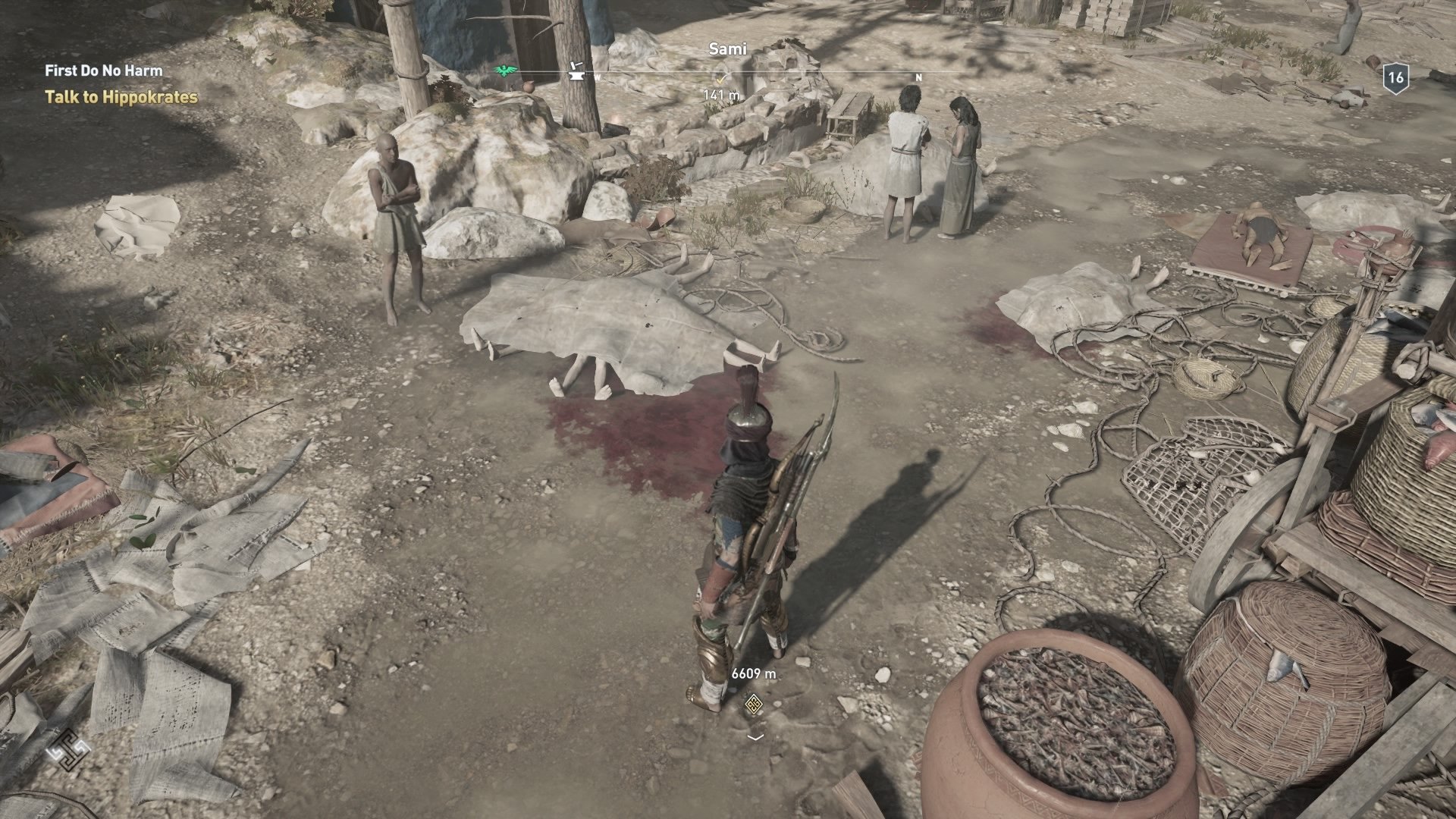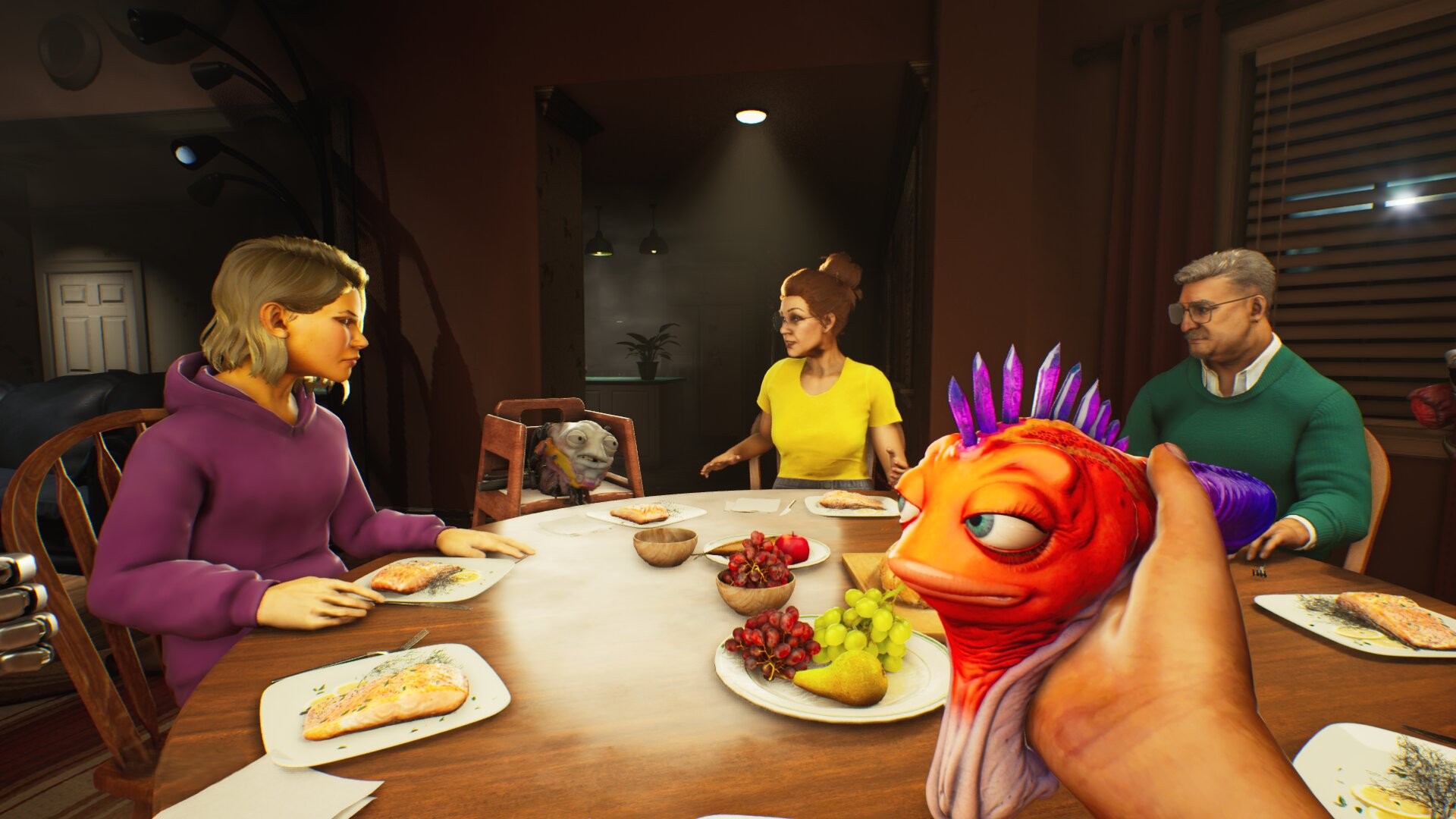Importance of choice in Assassin's Creed Odyssey
Will you fight for Athens or Sparta? The choice is yours… to an extent.
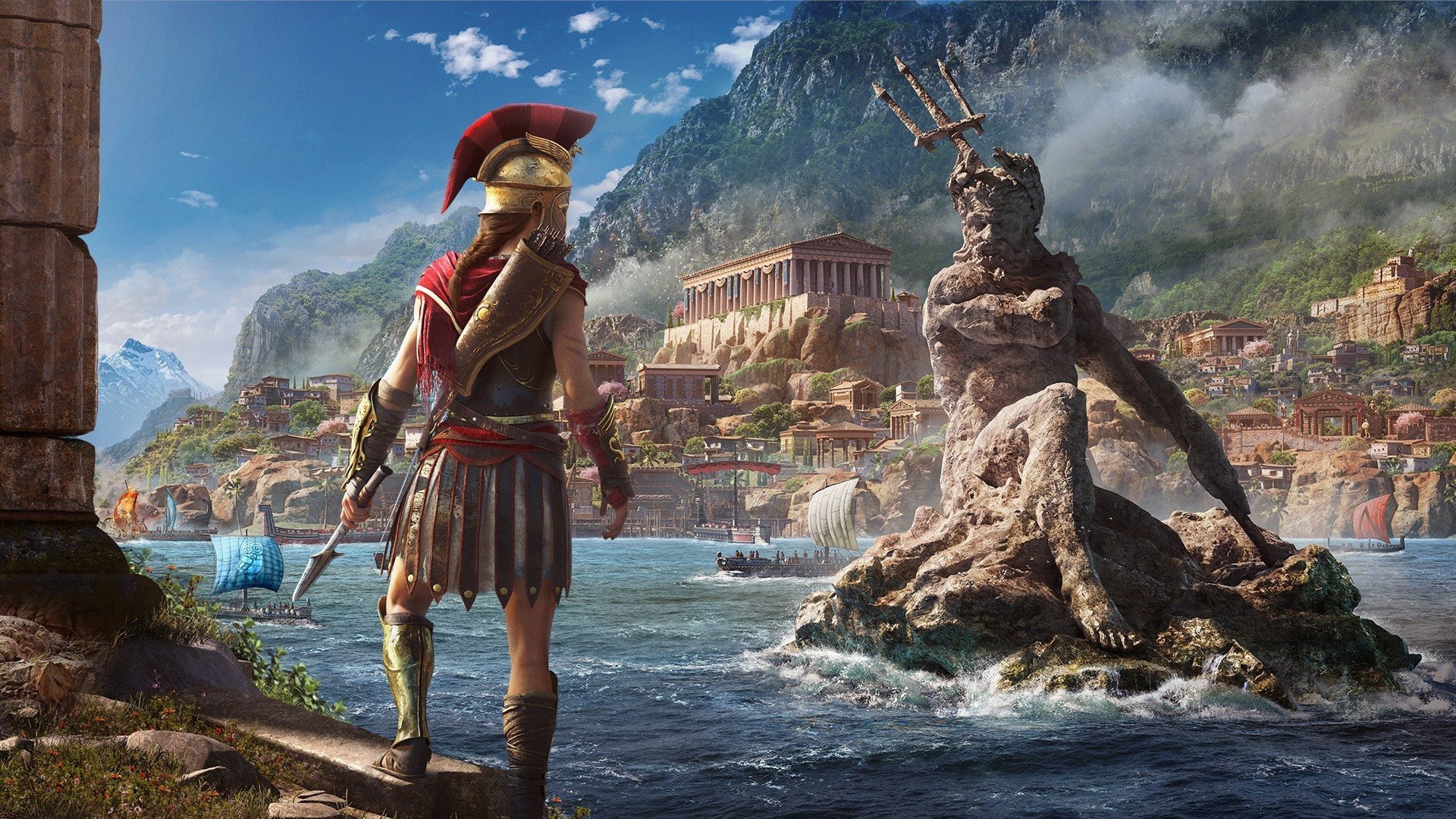
All the latest news, reviews, and guides for Windows and Xbox diehards.
You are now subscribed
Your newsletter sign-up was successful
Assassin's Creed Origins was the first step in shifting the series into RPG territory, and Odyssey recently completed the move to full-blown RPG. Player choice is an integral aspect of both narrative and gameplay in RPGs, but some games are more successful at it than others. Since Assassin's Creed Odyssey is the first entry in the series to feature dialogue choices and branching narratives, how much does it matter in the grand scheme of things?
At one point early in the game, without spoiling what leads to this outcome, your decision regarding a side quest can have serious ramifications that affect the population of Kephallonia. Ubisoft, however, failed to capitalize on this in any meaningful way. The plague that wipes out parts of the island is merely cosmetic, for lack of a better term. You'll see dead bodies lying in the streets, bodies being burned, the color palette taking on a sicklier tone, but none of this appears to have tangible consequences to you. You can still complete missions in the area, you can still purchase items from the local blacksmith. Quests don't open up for you to help the town find a cure. It's just sitting there and rotting away while you go about your business as usual.
As noted in our review of Assassin's Creed Odyssey, "decisions you make (in the game) are referenced throughout future conversations, but opportunities to influence the actual outcomes of a quest are rare. Some major plot threads diverge based on your decisions, but it's overall a softer approach than other games."
The plague you can cause in Kephallonia is one of the rare instances where you can influence the outcome of a quest in a seemingly major way, but as mentioned above it did not live up to its potential.
Even Odyssey's new Conquest system is rather shallow compared to what it could have been. While you can get better rewards for aiding the invading army of a region, the outcome of the battle doesn't generally affect the politics of Greece. You'll just be seeing an aesthetic change when you view it on the map in the form of a red or blue outline surrounding a particular region. Whether you fight for Athens or Sparta all comes down to personal preference. And if you're compelled to gain as much experience for leveling as possible, then, either way, you'll undertake missions that see you targeting both Athenian or Spartan armies with little regard.
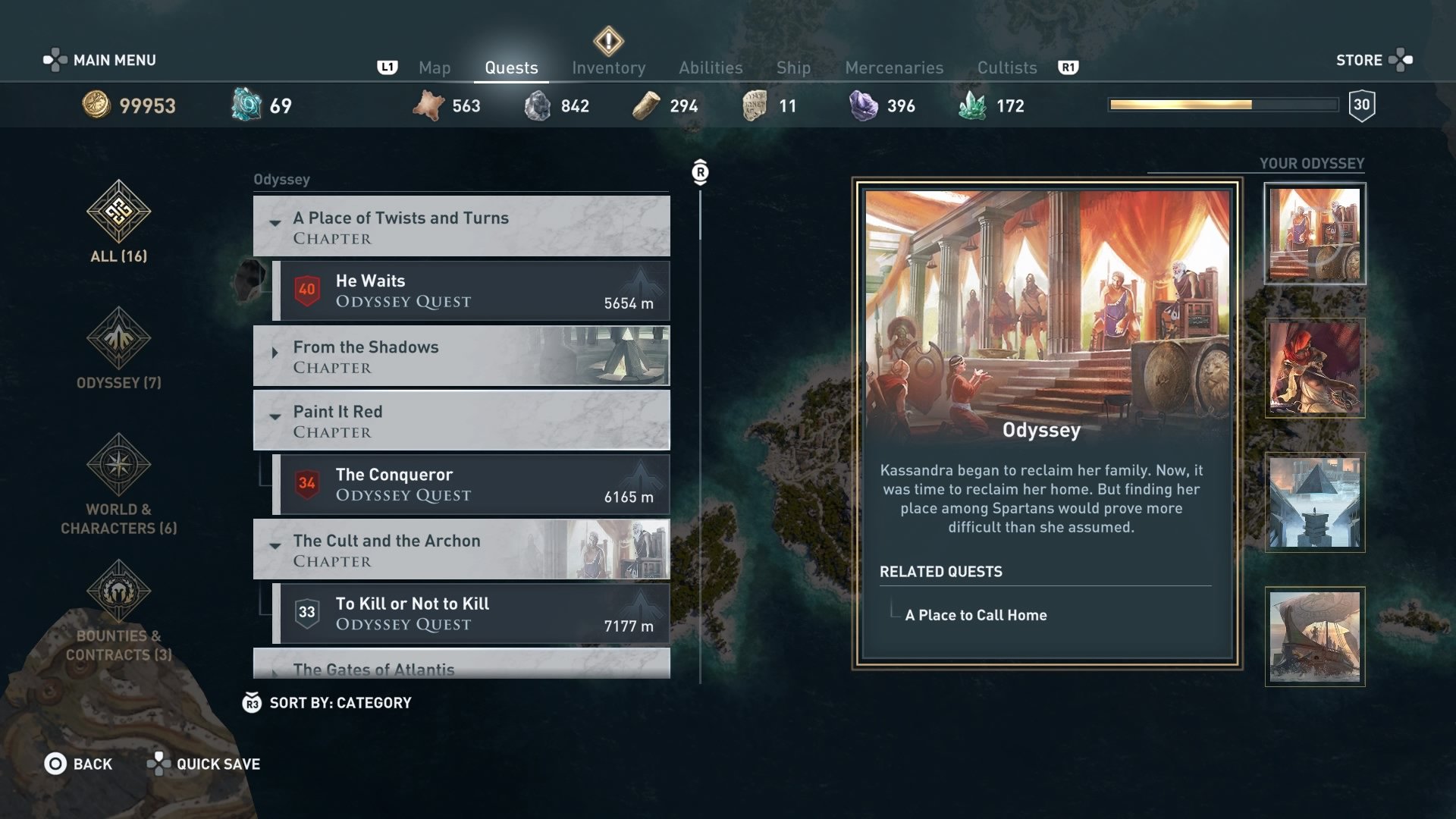
The most effort was clearly put into the main campaign's branching narrative, which features nine different endings depending on your actions at key moments throughout the story. Though you can technically get "happy" or "sad" endings, it all comes down to how much of your family is reunited.
Your decisions don't feel like they have as much weight as they do in series like Mass Effect or The Witcher, indicating some early growing pains for Ubisoft who is inexperienced at these kinds of choice and consequence mechanics on such a magnitude.
All the latest news, reviews, and guides for Windows and Xbox diehards.
On the other hand, that may have been what Ubisoft was aiming for. After all, Assassin's Creed is a series rooted in real-life history. Though the developer certainly takes some creative liberties with the franchise's sci-fi elements, it stands within reason that there's only so much you can influence with your own choices without altering the series' DNA.

Jennifer Locke is a Former Contributor for Windows Central, having played video games nearly her entire life, and is very happy Xbox is growing a stronger first-party portfolio. You can find her obsessing over Star Wars and other geeky things on Twitter @JenLocke95.
